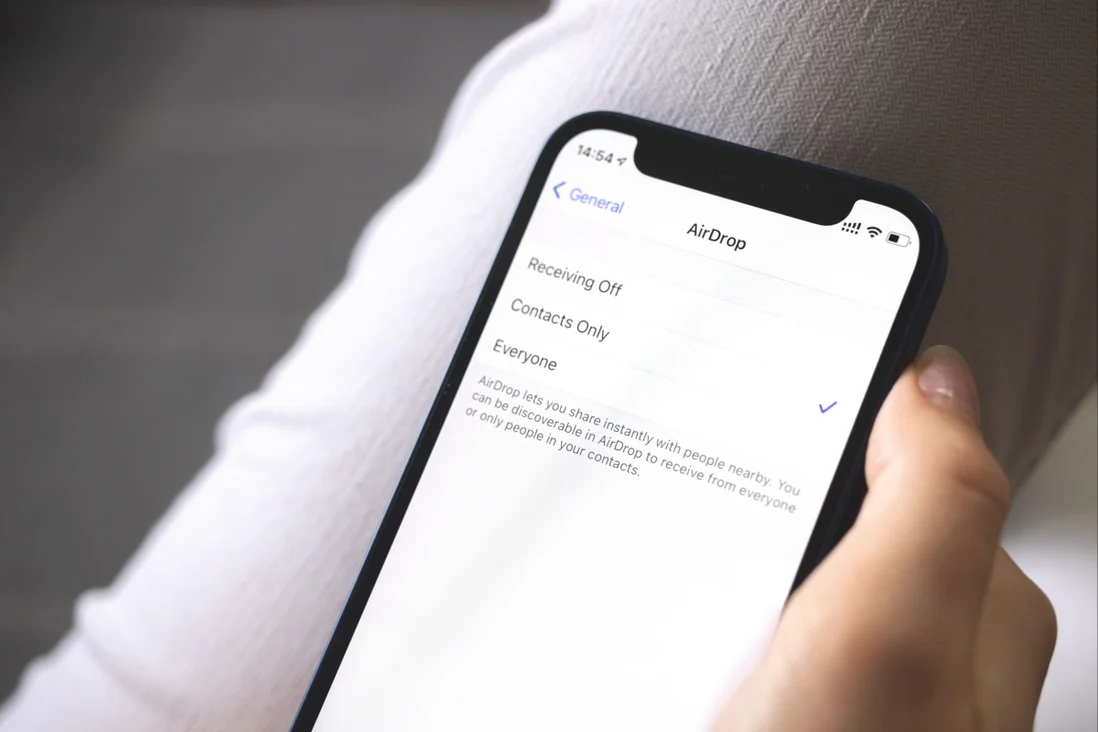The Chinese government intends to advance its cyber security policies by censoring Airdrop and other file-sharing services like Bluetooth on mobile devices in the country.
The state’s top internet regulator, the Cyberspace Administration of China, released a draft of rules on its website on Tuesday, June 6, which aims at limiting the use of any “file transfer services that rely on Wi-fi, Bluetooth, and other information technologies to form networks instantly and communicate to other devices over a short-range”. The draft follows a month-long consultation on the rules in question.
The communist state is making this move to combat the spread of “undesirable or illegal” messages in its quest to safeguard national security. Anti-government activists deploy Airdrop, Bluetooth, and other file-sharing services to mobilize and share messages to evade tight monitoring control on messages shared across the internet.
Chinese activists rely heavily on file-sharing apps and are lamenting the draft as it will inhibit their channel of spreading information. The file-sharing apps rely on Bluetooth connections between close-range devices, which allows the activists to share any information with strangers with a hidden identity.
Airdrop was used by Hong Kong activists in 2019 to send unsolicited messages to people and call them to join anti-government protests. In November 2022, there was widespread protest across cities in China over the Zero-Covid policy, which brought border closures, lockdown, strict quarantine, and mass testing. The protestors used Airdrop to share anti-government content.

Earlier that month, Apple’s latest iOS update, version iOS 16.1.1, substituted the “everyone” feature with a 10-minute option for users in China to transfer files to receivers who are not on their contact lists. After ten minutes, users can no longer share files with non-contact lists.
The proposal stipulates that users should “prevent and resist the production, copying, and distribution of undesirable information,” and in the case of any contravention, the culprit must be reported to the authorities.
It further requires users of file-sharing services like Airdrop to register with their real names before accessing them. It clamps down on their ability to share any information with strangers without their permission to pair the device or accept the file. It also gives users the opportunity to blacklist certain contacts from sharing information with them, as well as lodging complaints in any case.
Tech companies must also undergo an assessment if they intend to add a feature that would allow “for public expression and social mobilization”. The close-range network service providers are also to forward any illegal information to the internet regulators after saving them,
According to tech market trackers, Counterpoint Research, iPhones constitute a fifth of mobile devices in China and almost half in Hong Kong


